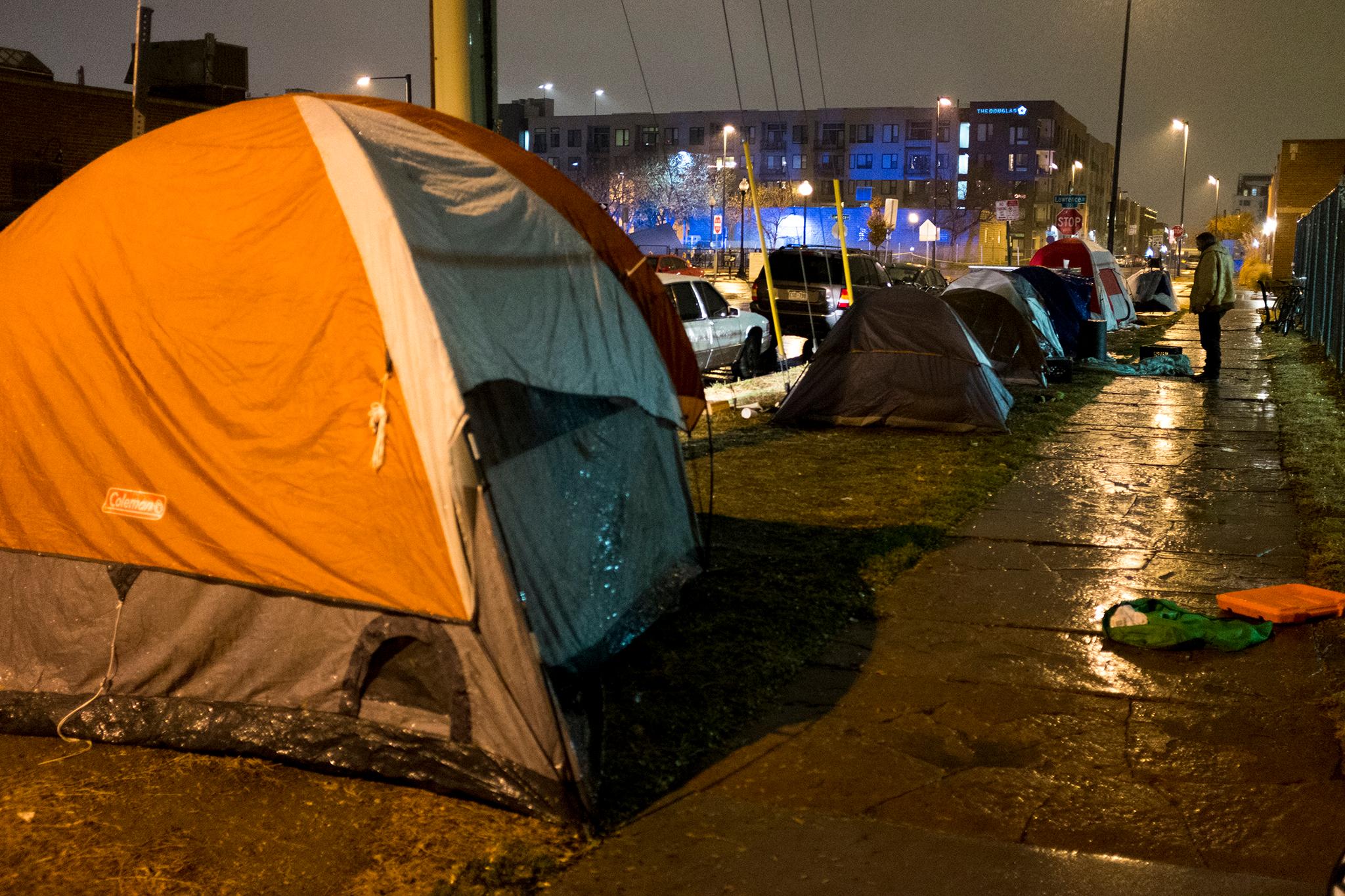Denver Right to Survive asks voters to overturn the law Denver City Council passed in 2012 that bans people from sheltering themselves in public.
Here's the language you'll see on the ballot:
Shall the voters of the City and County of Denver adopt a measure that secures and enforces basic rights for all people within the jurisdiction of the City and County of Denver, including the right to rest and shelter oneself from the elements in a non-obstructive manner in outdoor public spaces, to eat, share, accept or give away food in any public space where food is not prohibited, to occupy one's own legally parked vehicle or occupy a legally parked vehicle belonging to another, with the owner's permission, and to have a right and expectation of privacy and safety of or in one's person or property?
How would it work?
If voters approve the proposal, an article would be added to a chapter of the municipal code that deals with human rights and anti-discrimination measures.
The proposed article provides for the city government to enforce it, declares illegal city rules and regulations that would prohibit the rights outlined in the ballot question and prohibits actions such as harassing people exercising those rights or police officers demanding to see the identification of people in public unless the officers have a reasonable suspicion of a crime.
Who's for it and who's against it?
The advocacy group Denver Homeless Out Loud led the petition drive that got Right to Survive on the ballot. Denver Homeless Out Loud describes it as a human rights measure protecting people in public spaces. The Democratic Party of Denver has called Right to Survive "the right approach to helping those experiencing homelessness."
The main opposition has come from a group of business and political leaders organized as Together Denver who say the proposal would limit the city's ability to protect health and safety while doing little to alleviate the plight of people experiencing homelessness.
The city has not taken an official position, but its attorneys have expressed misgivings about the possible impact on health and safety. Groups that provide services to people in homelessness say that while they also oppose the camping ban, they cannot support Right to Survive because they fear it will have unintended consequences.













